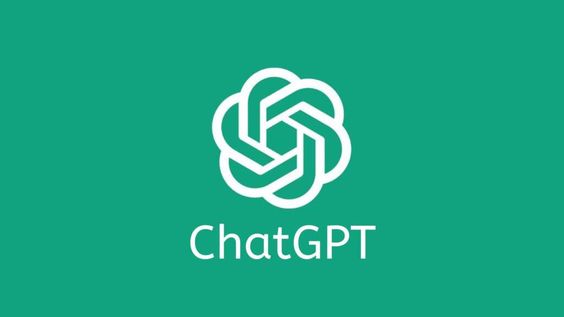What Is SCORM? Essential SCORM Facts You Should Know

SCORM (School of Communications and Rhetoric) is a standards-setting organization that develops and promotes standards for the education and training of communicators. SCORM standards are used by schools of communication and rhetoric in order to assess the academic and professional work of students and professionals.
The goals of SCORM are to create standards that are relevant and useful, to promote the use of standards by schools of communication and rhetoric, and to provide resources and support for members.
SCORM standards are divided into five categories: curriculum, instruction, assessment, professional development, and resources. Curriculum standards address the content of courses and the skills students should learn. Instruction standards cover the methods used to teach the content and the format of student work. Assessment standards describe how students’ performance in courses and programs should be assessed. Professional development standards outline the types of training students should receive to improve their skills. Resources standards describe the resources students should use in classrooms and workplaces.
SCORM standards are developed through a consensus process that includes representatives from schools of communication and rhetoric, training providers, and professional societies. Standards are revised periodically, and the organization provides resources and support for members in implementing and using the standards.
SCORM standards are important for schools of communication and rhetoric because they provide a framework for assessing the academic and professional work of students and professionals. SCORM standards are also relevant to training providers and professional societies because they provide standards for the instruction and training of communicators.






